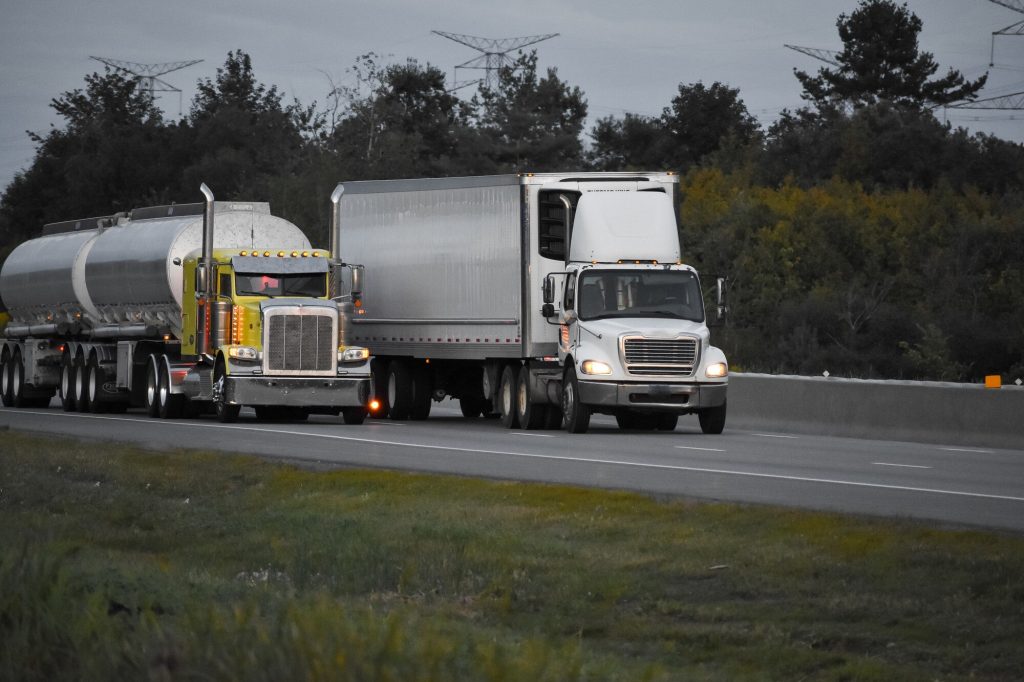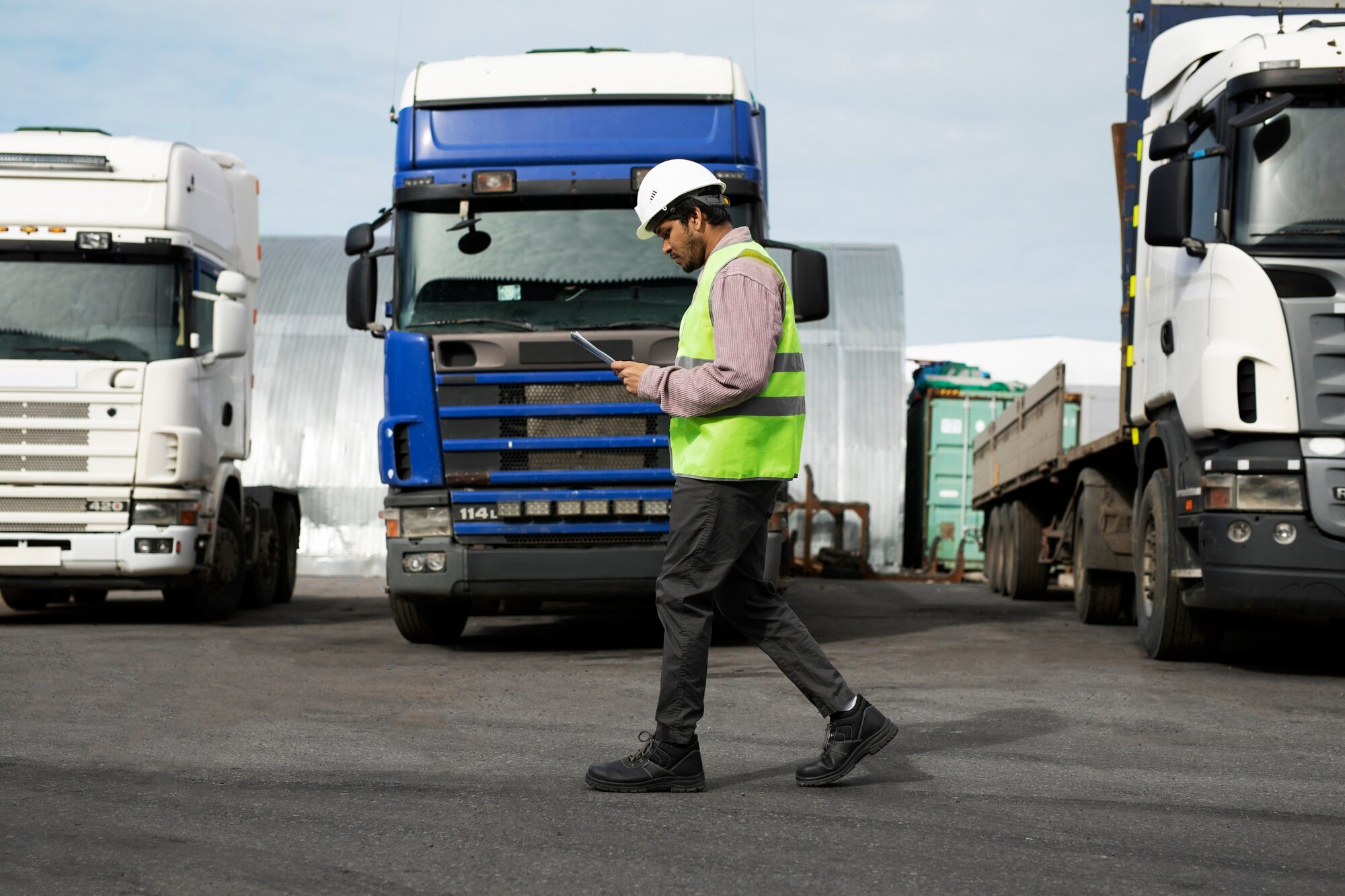Bulk haulage is a critical cog in Queensland’s economic machine. It’s the lifeblood that keeps industries thriving, connecting producers with markets across the state and beyond.
Yet, the intricacies of bulk haulage in Queensland are often overlooked. This sector is more than just transporting goods from point A to point B. It’s a complex network of logistics, regulations, and economic considerations.
In this article, we delve into the world of Bulk Haulage Queensland. We’ll explore its role in the economy, the materials it transports, and the challenges it faces. We’ll also look at the regulations governing this sector and the technological advancements shaping its future.

Whether you’re a logistics manager, a business owner, or simply interested in Queensland’s transport industry, this article will provide a comprehensive understanding of bulk haulage operations.
So, let’s embark on this journey to understand the vital role of bulk haulage in Queensland.
The Importance of Bulk Haulage in Queensland’s Economy
Bulk haulage is a key driver of Queensland’s economy. It supports various sectors, from mining and agriculture to construction and manufacturing.
The industry ensures the smooth flow of goods across the state. It connects remote areas with urban centers, facilitating trade and commerce.
Moreover, bulk haulage contributes significantly to employment. It provides jobs for drivers, logistics managers, and other related roles.
In essence, a well-run bulk haulage sector is a boon for Queensland’s economy. It fosters growth, promotes trade, and supports livelihoods across the state.
What is Bulk Haulage?
Bulk haulage refers to the transportation of large quantities of goods. These goods are typically loose or unpackaged, transported in large volumes.
The goods can range from raw materials like coal and grain to finished products like cement. They are moved using specialized vehicles designed to handle heavy loads.
In essence, bulk haulage involves:
- Transporting large volumes of goods
- Using specialized vehicles
- Handling a variety of materials, from raw to finished products
Key Materials Transported via Bulk Haulage in QLD
Bulk haulage in Queensland is a diverse sector. It caters to various industries, each with unique transport needs.
The mining industry, for instance, relies heavily on bulk haulage. It transports minerals like coal, bauxite, and iron ore.
Agriculture is another key sector. It uses bulk haulage for transporting grains, sugar, and other produce.
In essence, key materials transported via bulk haulage in QLD include:
- Minerals (e.g., coal, bauxite, iron ore)
- Agricultural produce (e.g., grains, sugar)
- Construction materials (e.g., cement, sand, gravel)
Geographical and Logistical Challenges
Queensland’s vast landscape presents unique challenges for bulk haulage. The state’s size and remote areas can complicate logistics.
Weather conditions also pose issues. For instance, heavy rains can make roads impassable, disrupting schedules.
Despite these challenges, Bulk Haulage Queensland companies strive to deliver efficient services. They leverage technology and strategic planning to overcome these hurdles.
Regulations and Safety Standards
Bulk haulage in Queensland is governed by strict regulations. These rules ensure safety and efficiency in the industry.
Key regulations include the Heavy Vehicle National Law (HVNL). This law sets out requirements for vehicle standards, mass, dimension, and loading.
- HVNL
- Vehicle standards
- Mass and dimension limits
- Loading requirements
Non-compliance can lead to severe penalties. Therefore, Bulk Haulage QLD companies invest heavily in compliance measures. They also prioritize safety training for their staff to prevent accidents and ensure smooth operations.
Environmental Considerations and Sustainability
The bulk haulage industry in Queensland is increasingly focusing on sustainability. This is due to growing awareness of the environmental impact of transport operations.
Companies are adopting practices like fuel-efficient driving and using alternative fuels. They are also exploring electric and hybrid vehicles to reduce their carbon footprint.
In addition, many firms are investing in advanced technologies. These include telematics and IoT devices to optimize routes and reduce unnecessary mileage. This not only saves costs but also minimizes environmental impact.
Technological Advancements in Bulk Haulage
Technology is playing a pivotal role in transforming the bulk haulage industry in Queensland. It’s helping to enhance efficiency, safety, and sustainability.
GPS tracking and fleet management software are now commonplace. They help in real-time tracking, route optimization, and efficient freight management.
Moreover, the use of data analysis is providing valuable insights. It helps in predicting demand, managing supply chain, and making strategic decisions.
The future may even see the use of autonomous vehicles and drones in bulk haulage. This could revolutionize the industry.
The Future of Bulk Haulage in Queensland
The future of Bulk Haulage in Queensland looks promising. The industry is expected to continue growing, driven by the robust mining, agriculture, and construction sectors.
However, the industry also faces challenges. These include infrastructure limitations, fuel costs, and regulatory changes. Adapting to these changes will be crucial for future success.
Innovation, technology, and sustainability will play a key role. They will help the industry to overcome challenges and seize new opportunities.
Choosing the Right Bulk Haulage Provider in QLD
Choosing the right bulk haulage provider in Queensland is crucial. It can significantly impact the efficiency and success of your operations.
Look for providers with a proven track record. They should have experience in handling the type of materials you need to transport.
Also, consider their commitment to safety, environmental sustainability, and regulatory compliance. These factors can greatly influence the reliability and quality of their service.
Conclusion: The Integral Role of Bulk Haulage in Queensland
Bulk haulage plays a vital role in Queensland’s economy. It supports key sectors like mining, agriculture, and construction, ensuring their smooth operation.
Despite challenges, the industry continues to innovate and adapt. It strives to improve efficiency, safety, and environmental sustainability.
In conclusion, understanding bulk haulage in Queensland is crucial. It provides insights into this vital industry and its significant impact on the state’s economy and development.
